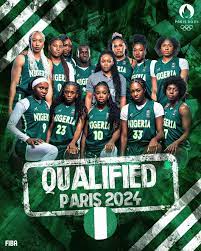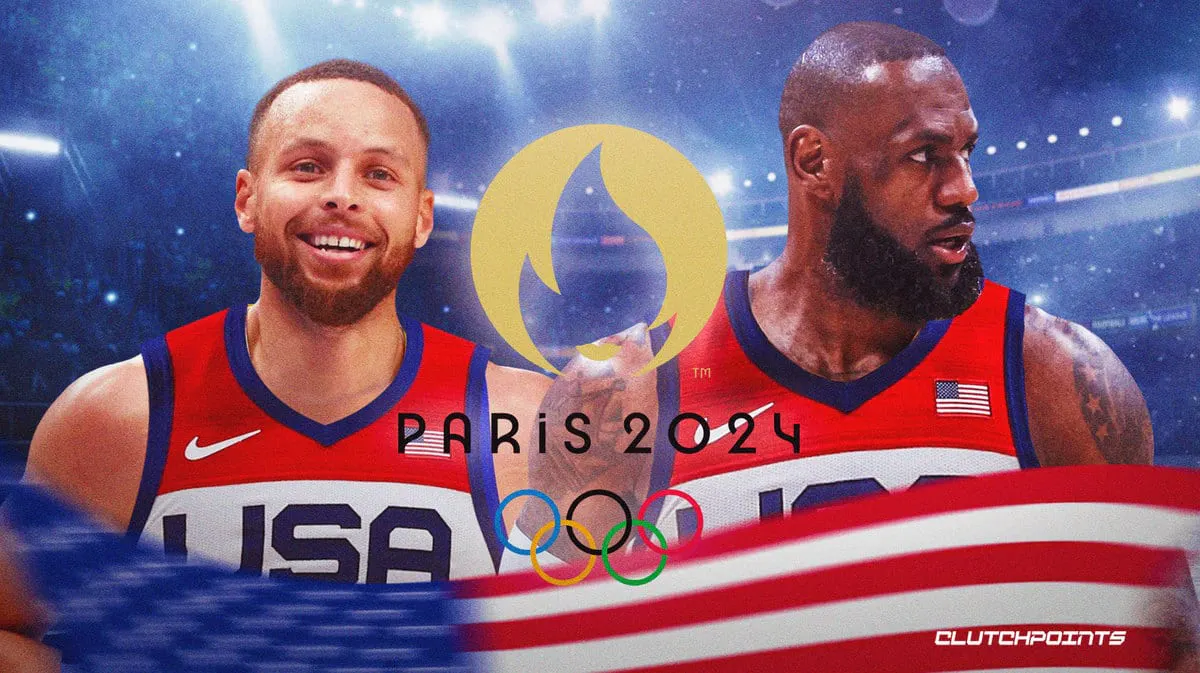
Nigeria-based athletes representing the country at the 2024 Paris Olympic Games are calling for equal training grants as their foreign-based counterparts, The PUNCH reports.
This demand followed an announcement by the Minister of Sports Development, John Enoh, who confirmed the payment of training grants to athletes on Tuesday.
Enoh explained that the grants were issued after home-based athletes raised concerns about a longstanding tradition of being excluded from training grants for competitions.
“To ensure that all local, foreign, and Olympic allowances are paid to Team Nigeria athletes, I held another interactive session with the athletes at the Games Village in Paris to address their welfare. Home-based athletes expressed their frustration at never receiving training grants, which has historically been a privilege reserved for their foreign-based counterparts,” Enoh posted on X.
“For the first time, we have made sure that home-based athletes representing the country also receive training grants. Both foreign and home-based athletes have now received grants in addition to all other allowances. Every athlete deserves a training grant, as they all contribute effort and passion to representing the country. They are all deserving.”
However, the announcement was met with dissatisfaction due to the disparity in the amounts paid to foreign-based and local athletes. Foreign-based athletes received $5,000 as their training grant for the Games, while their local counterparts were given $1,000.
Olayinka Olajide, a member of the women’s 4x100m relay team, criticized the unequal treatment.
“The session was truly interactive, and we appreciate the transparency and accountability your office demonstrates, sir,” Olajide wrote on X. “However, there should be no disparity when it comes to training grants. We are all Nigerian athletes and deserve equal rights. While we acknowledge this new development, there is no justification for paying local-based athletes just 20% of what foreign-based athletes receive.
“I want to highlight, dear Minister, that there is no special pricing for the necessities we need as local-based athletes.”
Another home-based athlete, who wished to remain anonymous, praised the minister for his transparency but echoed Olajide’s concerns.
“There should be no distinction between home-based and foreign-based athletes because we are all the same. We train, pay for transport, and often spend more than some of our counterparts abroad due to the economic conditions at home.
“Home-based athletes eventually become foreign-based. We even have to pay our coaches who train us here,” the athlete added.
Many Nigerians have also voiced support for the athletes.
“Is there really a division between athletes representing the country? Should they have had to ask before being paid? This is all wrong,” lamented Martinos Francis.
“Home-based athletes have every right to complain about this clear disparity. This unfair treatment is demoralizing for our local talent representing the same country as foreign-based athletes, who were once local-based themselves. Every athlete deserves equal recognition and support, regardless of where they are based,” said Gholahan Oyewo.
Before the start of the Games, the Sports Minister had confirmed that the Federal Government approved N12 billion for Team Nigeria, with N9 billion allocated for the Olympics and the remaining N3 billion earmarked for the Paralympics team, who will compete in France from August 28 to September 8.



